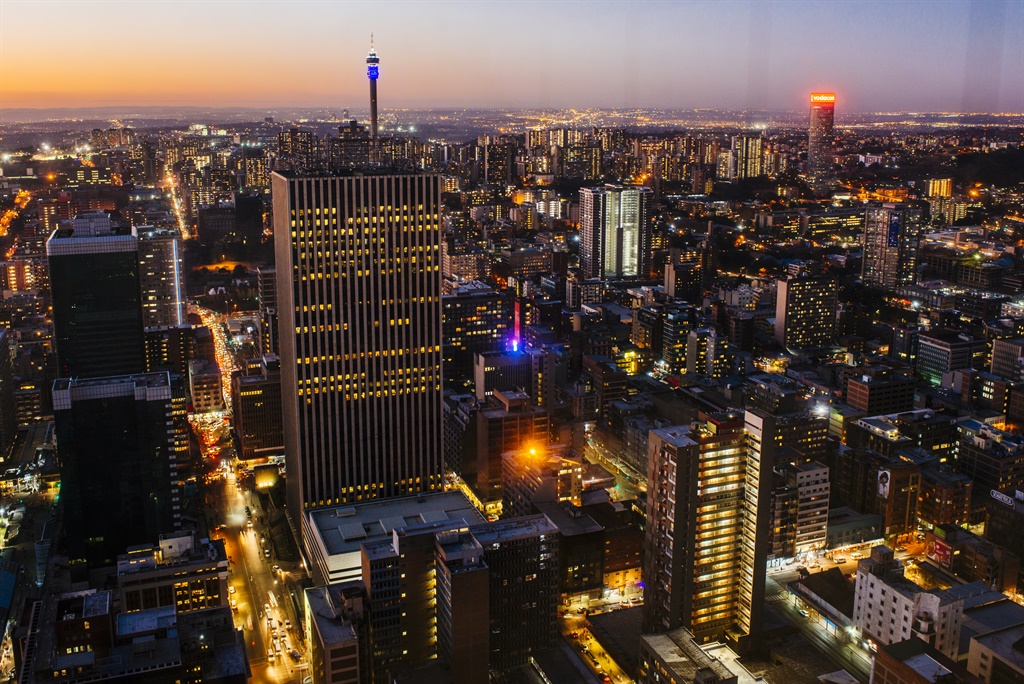
Business confidence dipped slightly in May, largely because of load shedding, which continues to be a drain on the domestic economy. The SA Chamber of Commerce and Industry (Sacci), which released details of the business confidence index (BCI) on Wednesday, found that developments regarding South Africa’s controversial position in the Ukraine war featured prominently in May.
This, coupled with several other socio-economic developments pertaining to health and service, also surfaced more desperately and contributed to May’s 4.2 index points dip that brought the BCI to 106.9 index points from 111.3 points in March.
The chamber said the threat of losing out on lucrative trade agreements, such as Agoa, added to the low business sentiment. It added:
Sacci said global economic matters and structural domestic economic issues further added to a tight and uncertain business environment.
The global economy is set to take longer to recover to pre-Covid-19 levels, while the IMF has projected the domestic economy would only see a sub-one percent growth of 0.1% in 2023. This is close to the Reserve Bank's forecast of a 0.2% growth in 2023 for Africa’s developed economy. South Africa dodged going into a technical recession in the first quarter of 2023 after the economy slowed to 0.2% when compared with the same period in 2022 when it expanded by 1.9%.
READ: Reserve Bank warns about possible US sanctions and their impact
On top of the self-inflicted injuries of load shedding, which the central bank termed domestic idiosyncrasies, the BCI showed that export volumes declined to 3% year-on-year in the first quarter from 7.4% in 2022 and 9.1% in 2021.
“During the first four months of 2023, South Africa had a trade deficit of R3.5 billion compared to a trade surplus of R78 billion for the corresponding period of 2022.”
Sacci added:
It, therefore, remains important that South Africa encourages and nurtures its business and economic relations with established trade and investment partners as being essential to economic progress, growth and employment, it added.
Retail sales
Retailers were not spared as retail sales declined at the start of the second quarter after contracting for the fifth consecutive month in April by 1.6% year-on-year following a 1.5% decline in March, according to Statistics SA.
READ: Food prices likely to decline in July
Sales for food retailers took the biggest knock, dropping by 6.2%, followed by general dealers, which fell to 2.8%, a clear indication of the pressure consumers are under as the effects of high inflation and high-interest rates take hold.
Meanwhile, South Africa’s industrial production (comprising manufacturing, mining and electricity) marginally grew by 0.4% month-on-month in April. Industrialisation accounts for around 19.7% of GDP.
Mining
This comes after mining output rebounded in April after 14 months of consecutive declines. Seasonally unadjusted mining output expanded by 2.3% year-on-year in April after contracting by a revised 2.2% in March, reflecting a rebound in the sector pummelled by load shedding and logistic problems.
Meanwhile, seasonally adjusted mining output, which aligns with the official calculation of real quarterly GDP, increased by 1.8% month-on-month in April following an upwardly revised 6.9% month-on-month increase in March.
FNB economist Thanda Sithole said this improvement marked a better start to the second quarter, adding:
Underpinning April’s expansion were five of the 12 mining divisions, including gold, which grew strongly by 27.4% annually and contributed 3.5 percentage points to the annual growth number. Followed by coal which, despite prices having tapered down, expanded by 12.5% year-on-year.
The platinum group metals output fell by 4.6% year-on-year after declining by 9.0% in March, while iron ore output dropped 3.6%, and manganese ore output declined 12.1%, all together shaving off 2.5 percentage points to the total mining growth in April.
READ: Mining companies reluctant to invest in SA amid ongoing infrastructure and energy crises
Notwithstanding the annual growth rebound in April, mining output is still down by 2.4% year-on-year year-to-date (January to April), Sithole noted.
“Still, it reflects significant improvement from the 7.2% year-on-year contraction recorded over the corresponding period last year. We expect a relatively shallow contraction of 3.2% year-on-year this year from a 7.3% annual contraction in 2022.
“The envisaged weakness in mining output underscores the constraining impact of hard power shortages, logistics challenges and moderating external demand. A recovery is envisaged beyond 2023 as additional generation capacity reduces load shedding and the external environment becomes favourable,” Sithole stated.




 Publications
Publications
 Partners
Partners









